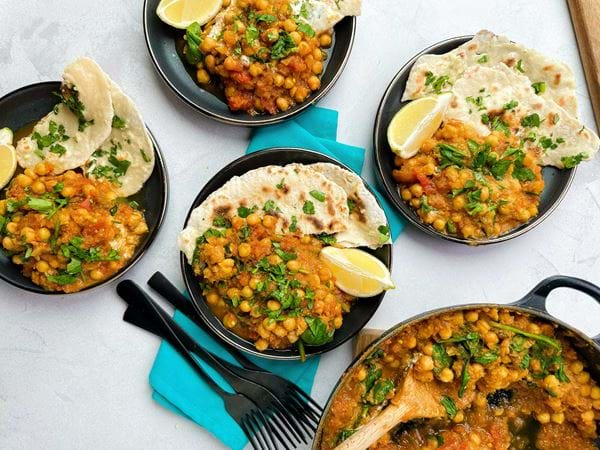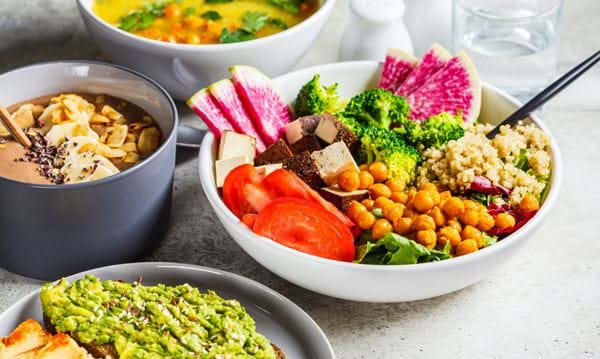Vitamin D: The Sunshine Vitamin

With another lockdown upon us and lots of us spending more time indoors working from home - you might be missing out on an all-important vitamin. We spoke with our in-house nutritionist to find out more.
What is Vitamin D?
Vitamin D is commonly called the sunshine vitamin because our bodies create vitamin D when sunlight hits our skin. It plays an important role in the maintenance of healthy bones and muscles.
You can also find Vitamin D in food, but only in small amounts - the majority of our Vitamin D comes from direct sunlight.
How much Vitamin D do I need?
Adults need 10ug (micrograms) per day to help keep your bones and muscles healthy. Sometimes this is displayed as 400IU, also known as International Units - 1 microgram of Vitamin D is equal to 40IU.
Can I get Vitamin D from food?
As mentioned above, you can find Vitamin D in food but only in small amounts. Even with a healthy balanced diet it’s difficult to get enough vitamin D from food alone - but you can find it in:
- Oily fish such as salmon, mackerel and sardines
- Eggs
- Red Meat
- Cereals or milks that are fortified with Vitamin D
How do I get enough Vitamin D?
The majority of our Vitamin D comes from direct sunlight, which means that anyone living in temperate to colder climates like the UK may struggle to get enough during the autumn and winter months. From October to early March, we spend more time indoors and there isn't as much direct sunlight and UVB rays to synthesise enough Vitamin D.
Although we like to always recommend a food first approach - improving your diet with food first before trying a supplement - low concentrations of Vitamin D in food makes it difficult during winter months to reach recommended levels. Therefore, the NHS does recommend adults consider taking a Vitamin D supplement of 10ug (micrograms) per day between October and early March to keep your bones and muscles healthy.
For more tips on improving your nutrition click here to check out more of our recipes and educational blogs.


